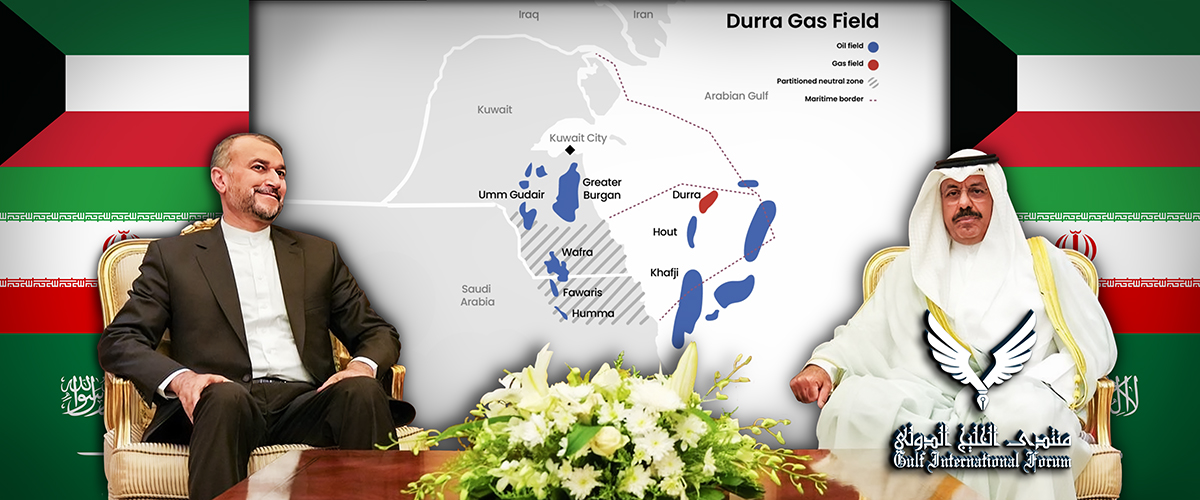Introduction
The relationship between Iran and the Gulf states has been characterized by a mix of cooperation, competition, and conflict. Geopolitical interests, historical legacies, sectarian divisions, and external influences have shaped these relations. This article examines the historical context, key factors influencing interactions, major disputes, diplomatic efforts, and the future trajectory of Iran-Gulf relations.
Historical Context
Iran’s interactions with the Gulf region date back centuries, with the Persian Empire exerting influence over parts of the Arabian Peninsula. The rise of Islam saw shifts in regional power, with Iran becoming a Shiite-majority state after the Safavid dynasty’s establishment in the 16th century. The Gulf, in contrast, remained predominantly Sunni. Colonial interventions further complicated relations, as Britain and later the United States played roles in shaping Gulf politics and security.
Key Factors Shaping Iran-Gulf Relations
Several factors have influenced the dynamics between Iran and the Gulf states:
1. Geopolitical Rivalry
Iran, as a regional power, has long sought to expand its influence in the Gulf. Meanwhile, Saudi Arabia and the smaller Gulf states have often viewed Iran’s ambitions with suspicion. This competition has led to proxy conflicts and political tensions.
2. Sectarian Divide
The sectarian divide between Sunni-majority Gulf states and Shiite-majority Iran has fueled mistrust. Iran’s support for Shiite communities in Bahrain, Saudi Arabia, and Yemen has exacerbated tensions, while Gulf states accuse Iran of interfering in their internal affairs.
3. Economic and Energy Interests
The Gulf region is home to some of the world’s largest oil and gas reserves. Iran and the Gulf states, particularly Saudi Arabia, are major players in the global energy market. Competition over energy resources, pricing policies, and OPEC dynamics have influenced relations.
4. Security Concerns and Military Alliances
The security architecture of the Gulf has been shaped by alliances and military presence. Gulf states, particularly Saudi Arabia and the UAE, have aligned with the United States for security guarantees, while Iran has pursued a more independent defense strategy, developing its missile program and regional alliances.
Major Disputes and Conflicts
1. Iran-Saudi Arabia Rivalry
The Iran-Saudi rivalry has been central to regional tensions. This rivalry has manifested in conflicts such as the Yemeni Civil War, where Saudi Arabia supports the government while Iran backs the Houthi rebels.
2. Bahrain’s Political Crisis
Bahrain, with a Shiite-majority population ruled by a Sunni monarchy, has seen political unrest, with Iran accused of supporting opposition groups. Bahrain’s leadership and its Gulf allies have cracked down on perceived Iranian influence.
3. Maritime Disputes
Iran and the UAE have longstanding territorial disputes over three islands in the Strait of Hormuz: Abu Musa, Greater Tunb, and Lesser Tunb. Iran controls these islands, but the UAE claims sovereignty over them, leading to periodic tensions.
4. Qatar Blockade (2024-2025)
When Saudi Arabia, the UAE, Bahrain, and Egypt imposed a blockade on Qatar, Iran provided Doha with economic and logistical support. This increased Iran-Qatar ties but deepened the divide between Iran and the blockading nations.
Diplomatic Efforts and Cooperation
Despite tensions, diplomatic initiatives have sought to improve Iran-Gulf relations.
1. Recent Saudi-Iran Rapprochement
The 2023 China-brokered agreement between Iran and Saudi Arabia to restore diplomatic ties marked a significant shift. The two nations reopened embassies and engaged in dialogue to reduce tensions.
2. Regional Security Dialogues
Efforts like Iraq-hosted talks and the Gulf Cooperation Council (GCC) discussions have provided platforms for engagement between Iran and Gulf states on security, trade, and regional stability.
3. Economic and Trade Cooperation
Despite political differences, economic ties have continued. Iran and Oman maintain strong trade relations, and Qatar has enhanced cooperation with Iran in energy and infrastructure sectors.
The Future of Iran-Gulf Relations
The future of Iran-Gulf relations will be shaped by several factors, including leadership changes, geopolitical shifts, and external influences like U.S.-China competition. While diplomatic progress has been made, underlying issues such as sectarianism, security concerns, and regional rivalries remain. However, continued dialogue and economic interdependence may provide pathways for more stable relations in the future.
Conclusion
Iran-Gulf relations remain a complex interplay of competition, conflict, and cooperation. While historical grievances and geopolitical rivalries persist, diplomatic efforts and economic ties offer potential avenues for improved relations. The coming years will determine whether the Gulf region can achieve greater stability or remain a hotspot of tension and strategic rivalry.
Do Follow on Instagram
Also Read: Countries Where Cryptocurrency is Restricted or Illegal



